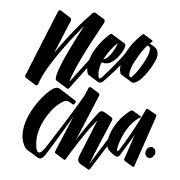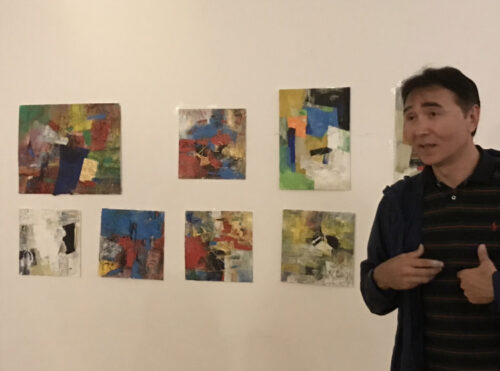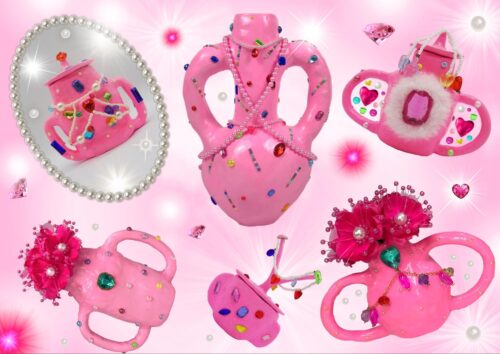Graffiti confessions
A collection of streetside musings from around China
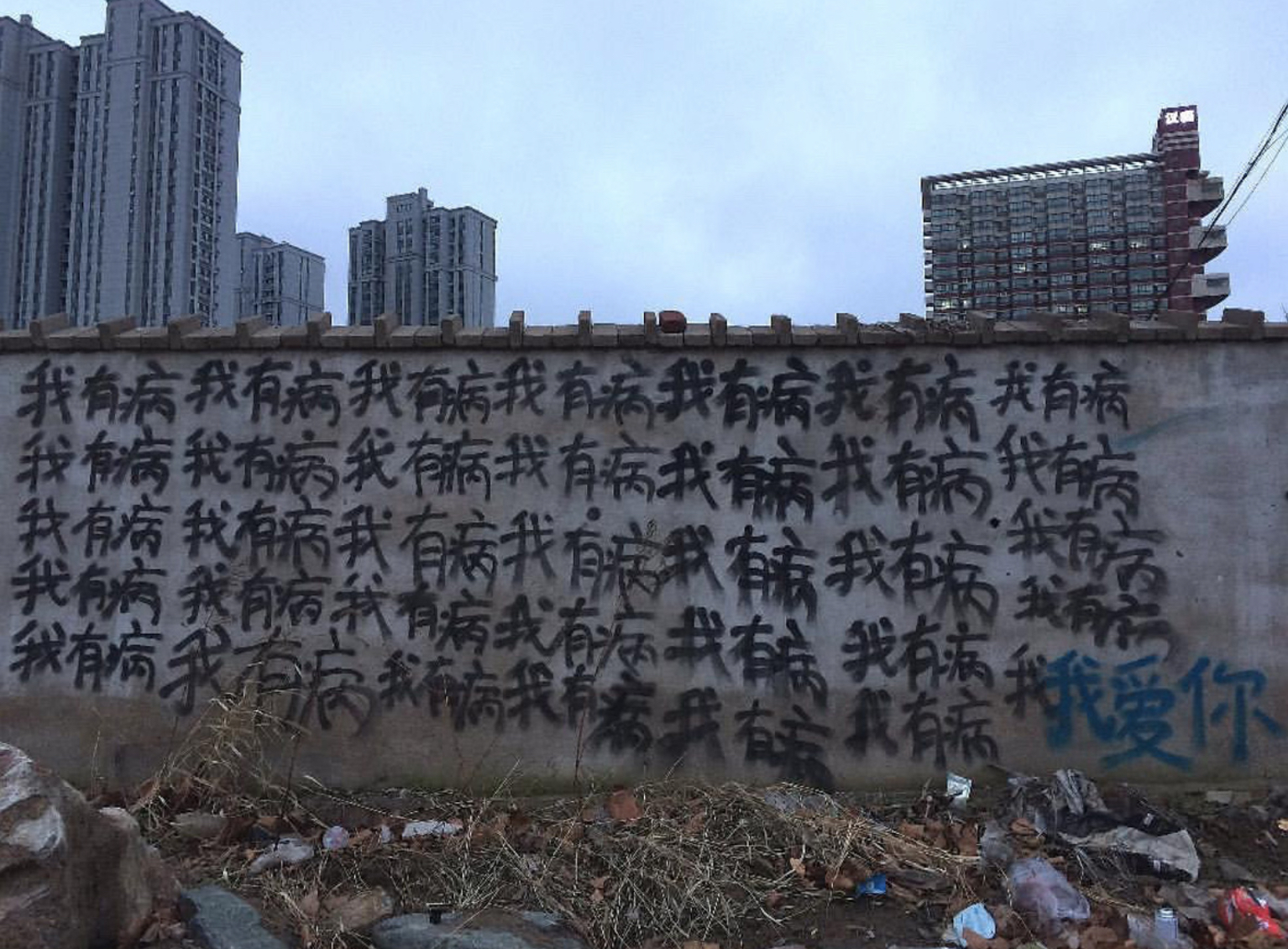
This article was originally published on Neocha and is republished with permission.
In today’s world, we’ve learned to close ourselves off. We’re always guarded, terrified of wearing our hearts on our sleeves. We’ve come to terms with the fact that there’s simply no place for emotional vulnerability in modern society. But unspoken thoughts can only remain muted for so long. Across China, candid confessions are appearing on the least likely of places—atop half-toppled walls and dilapidated structures. These off-the-cuff missives, though hardly pleasing in any aesthetic sense, are endearingly candor. They’re mysterious, leaving passersby who stumble across them intrigued about the life and fate of the vandal.
These spraypainted musings are the focus of Chinese Graffiti Hub, an Instagram and Weibo account that aggregates photos of amateur graffiti from across the Middle Kingdom. Chinese Graffiti Hub is operated by Yaya, who says he prefers his real name withheld. While studying art history overseas, he discovered the works of Li Xiangwei and Murong Yaming, both of whom frequently photographed Chinese graffiti along with other absurd observations. Upon coming across their photography, Yaya quickly became fascinated by Chinese graffiti. He believes the written word holds a certain power, but at the same time, graffiti as a medium is undeniably ephemeral. What others saw as acts of vandalism, he saw as art that deserved preservation.
One of Yaya’s favorite posts is a photo taken by Li. On a cracked concrete walkway, large Chinese characters spell out a bittersweet stream of thought: “I’m innocent for loving my country, but I am guilty of loving you.” With a lone sentence, the melancholy of the mysterious writer becomes palpable.
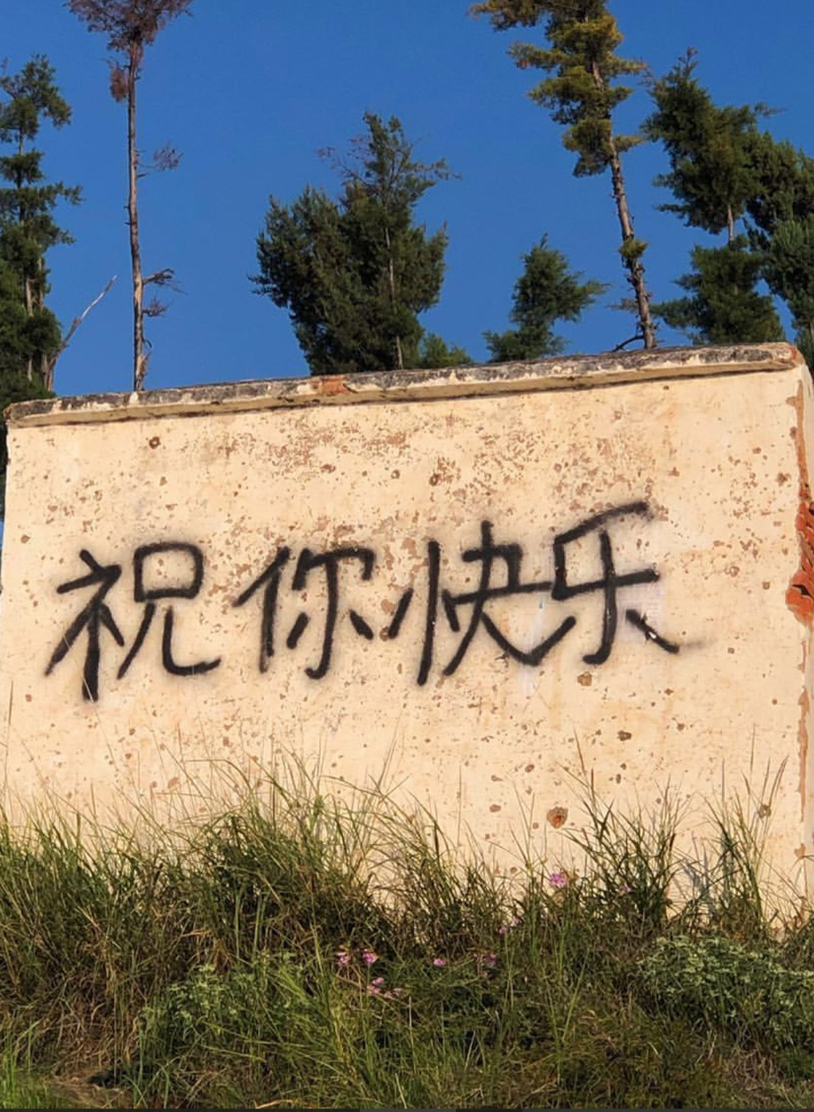
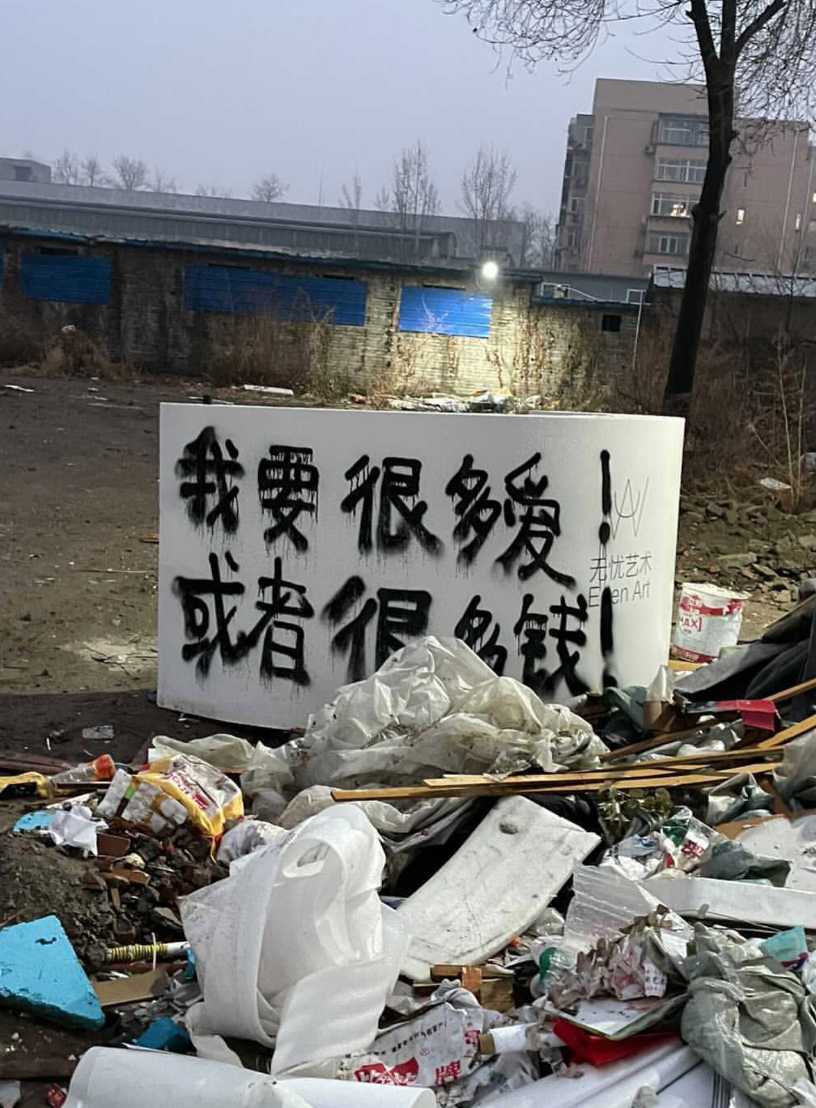
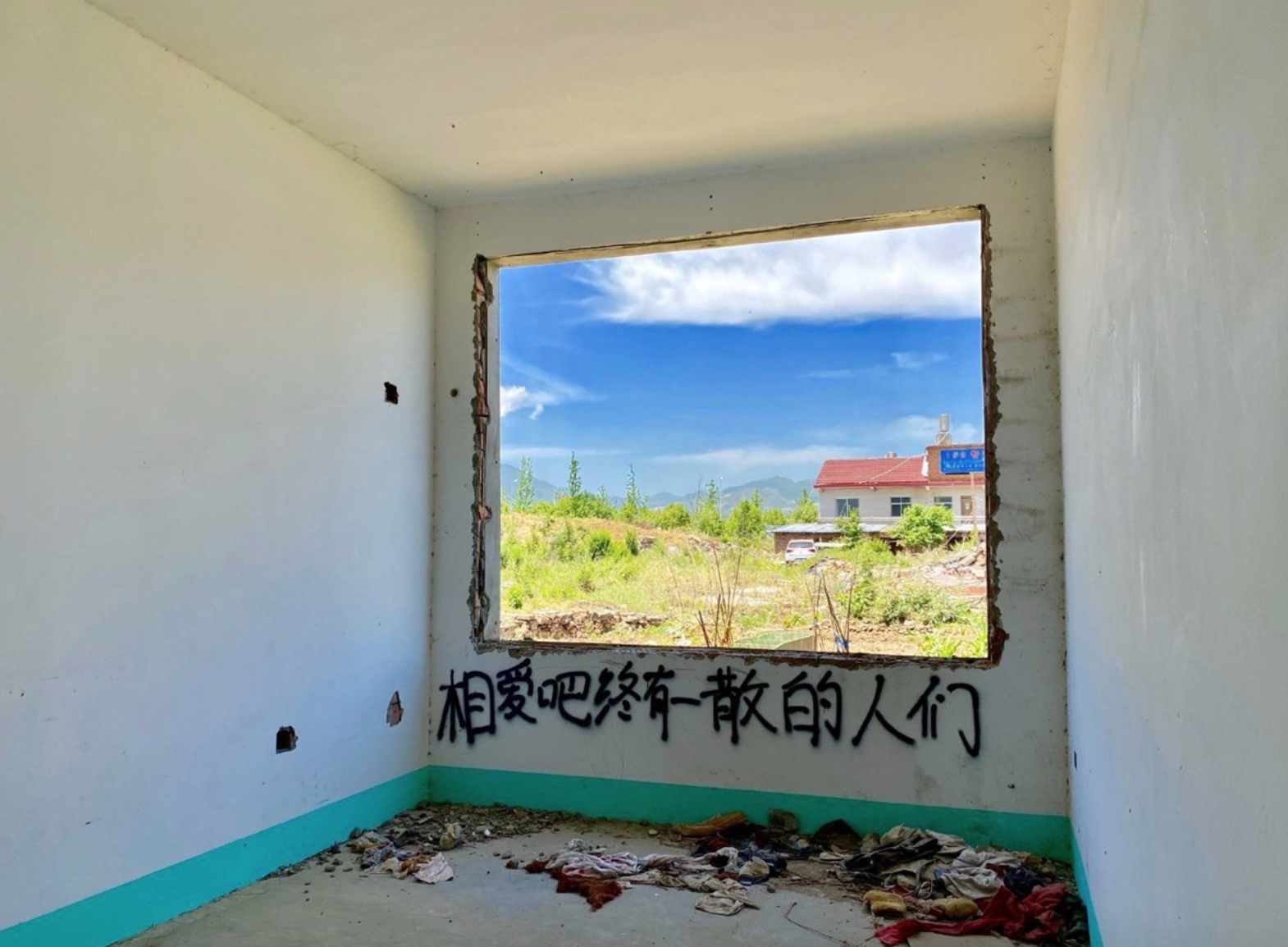
When graffiti is mentioned nowadays, the stylized burners and tags of hip-hop culture are often what first comes to mind. But to Yaya, the art form has a completely different lineage in China. Whether it be the propaganda slogans from the Mao era or the shady advertisements stenciled on random walls, Chinese graffiti has appeared in different forms throughout the years. But he believes that prose-based graffiti, such as the works he’s chosen to feature, is the most profound. As he sees it, the written word has long been used to share the human experience, and there’s a certain reverence to the medium. “In this era of instant gratification, people may be in need of more forthright ways of communicating. This infotech age makes the simple prose of these graffiti shorthands that much more valuable—it feels like a literary renaissance of sorts, with these written words serving as a voice for the unheard masses. They’re mesmerizing.”
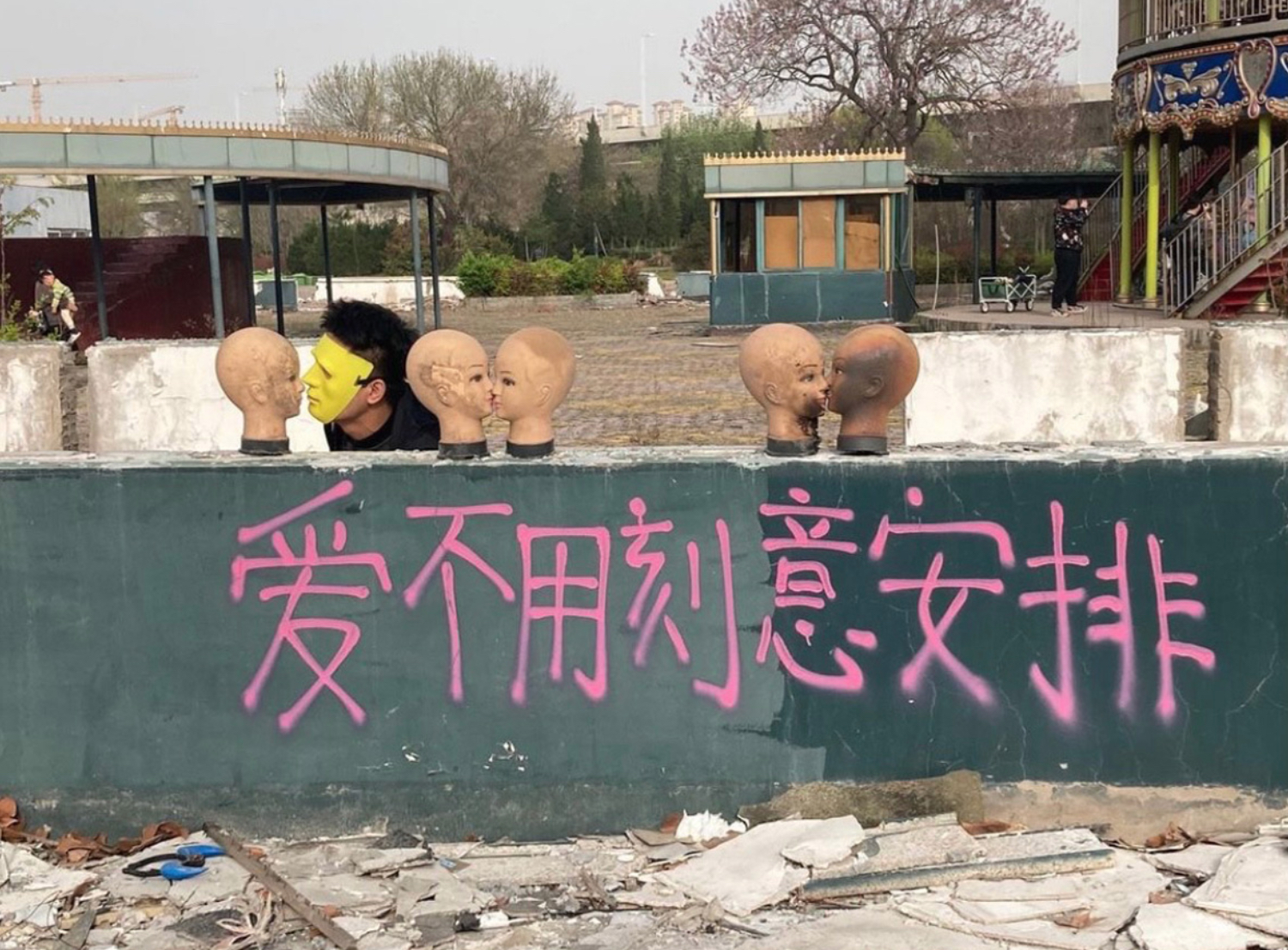
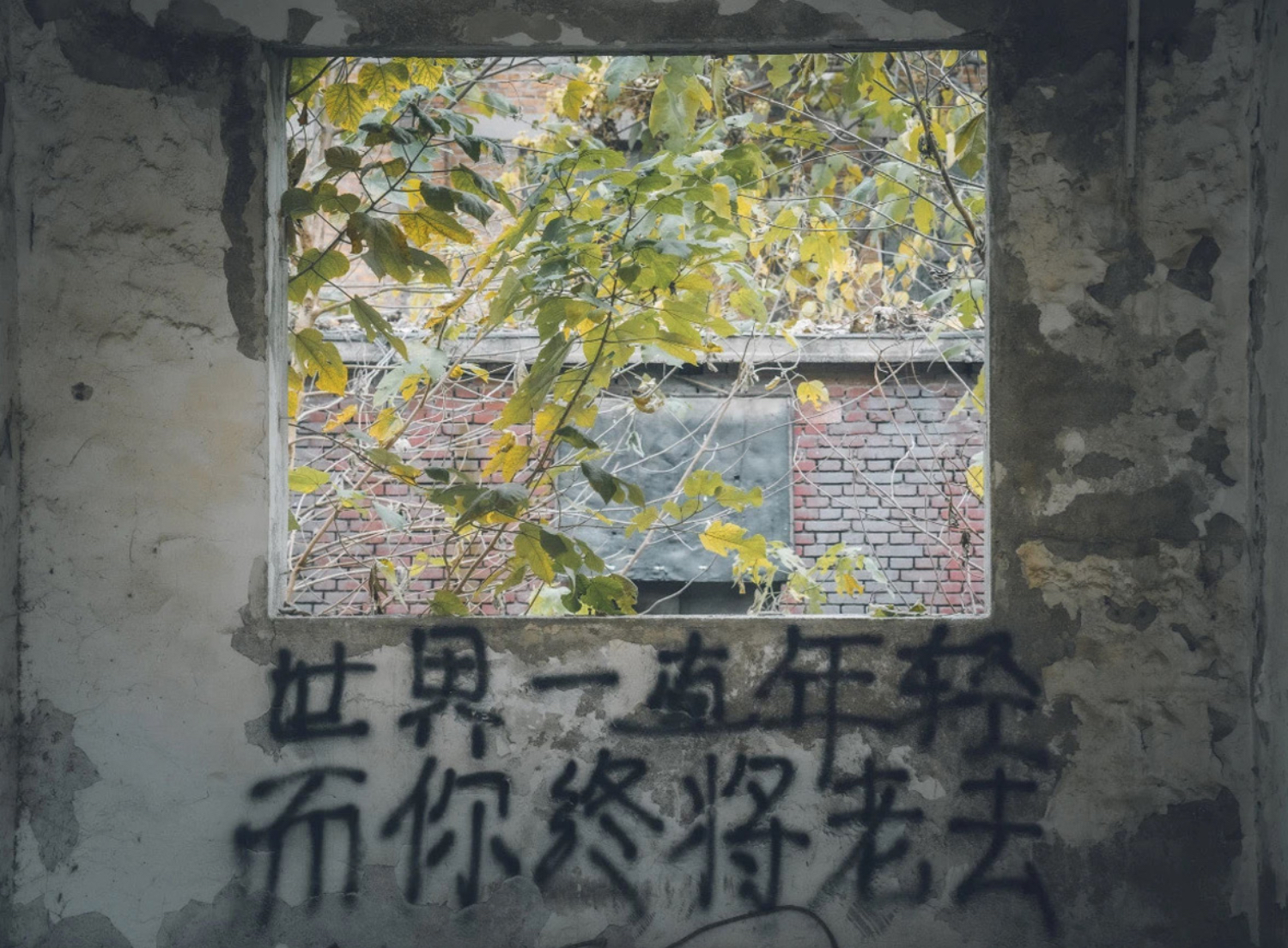
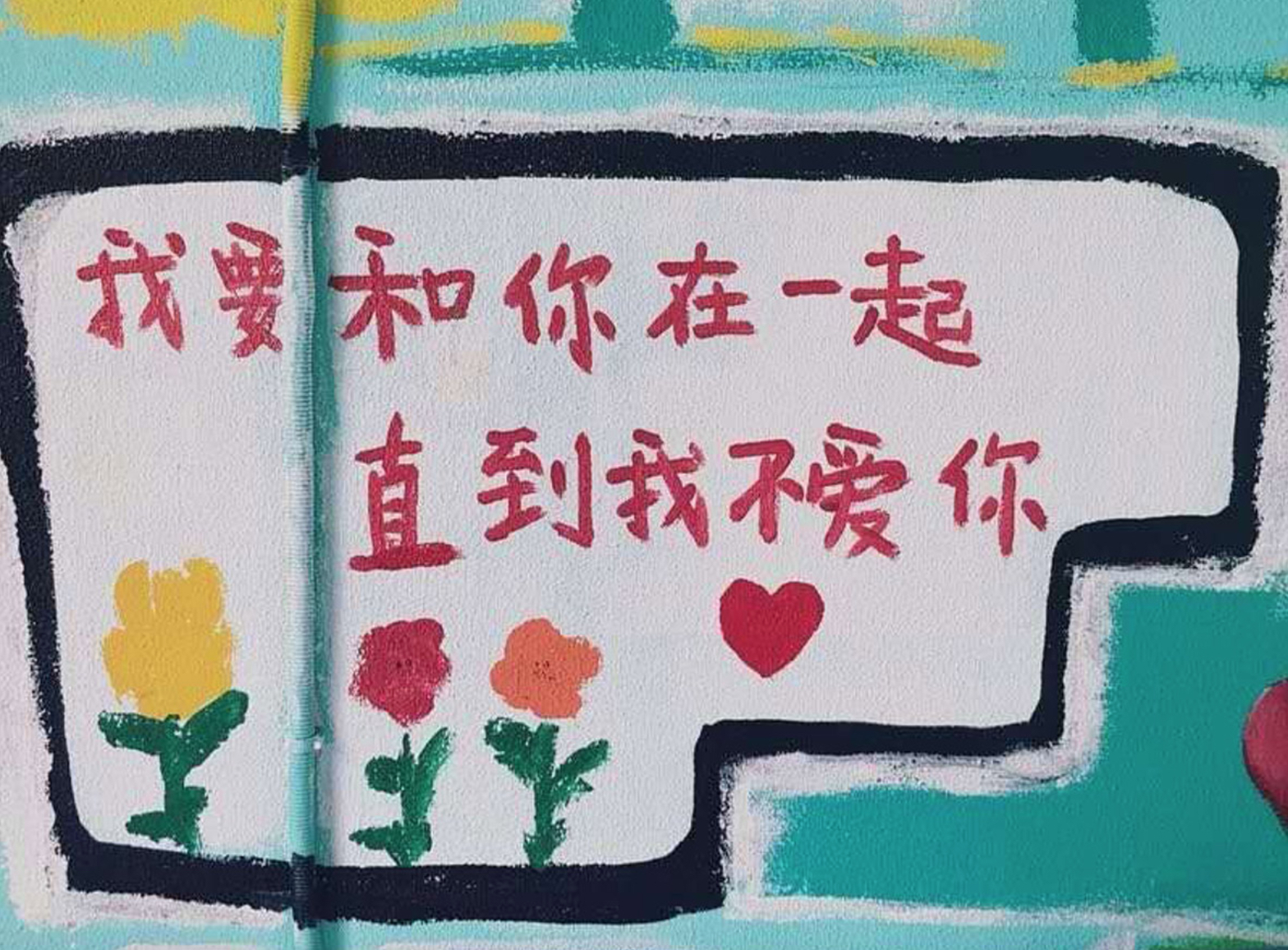
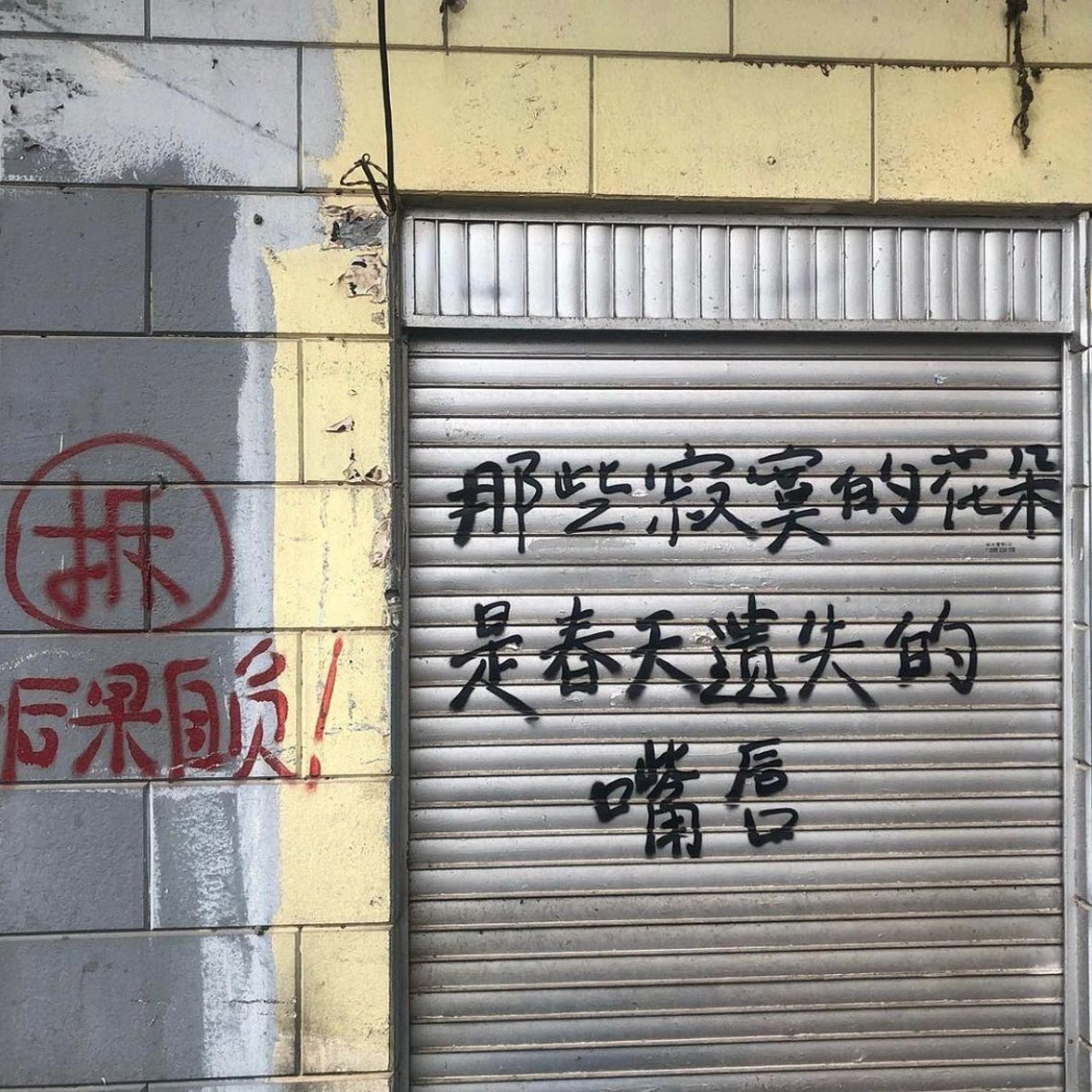
In less than a year since starting Chinese Graffiti Hub, Yaya’s accounts on Instagram and Weibo have raked up a sizable following. Despite the large uptick in submissions, he still filters through all of the sent material with a curatorial eye. “I pick the ones that feel the most insightful, words that can make people take pause in their busy lives and think” he explains. “I ask myself, ‘Would the writing strike a note with me if I came across it in the streets? Does it make me think?’”
Many of the works that Yaya features on the account have been elevated to meme status. Netizens have found resonance with these texts; some find them to be simply humorous, while others see them as societal meditations. Regardless, the misery, despondence, and anger conveyed by the messy graffiti have a certain universality, allowing audiences to leave with their own interpretation.
In China, large-scale writing intended for the public eye is often critical, meant to denounce, shame, or draw attention to societal issues. For example, unpaid laborers have written large banners of their mistreatment and hung them over construction sites. When COVID claimed the life of Li Wenliang, the doctor who first raised awareness of the virus’s danger, heartbroken civilians wrote a farewell to him in the snow. “The writing I collect are like diaries of sorts,” Yaya says. “Except the graffiti is more concise, and the way that the writing appears in the context of these dilapidated environments, amplifies their message. Behind the writing, I see a certain helplessness and confusion. These are the confessions of people capitulated by the status quo, people desperate for happiness and love.”
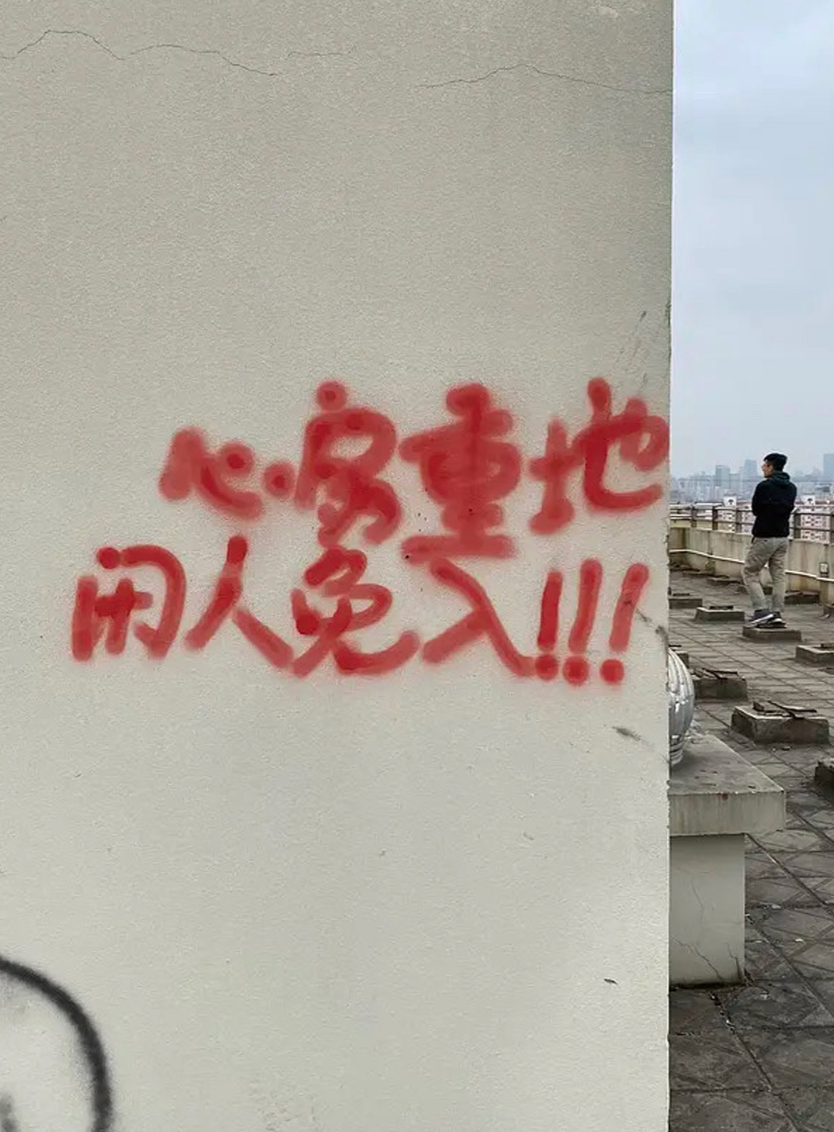
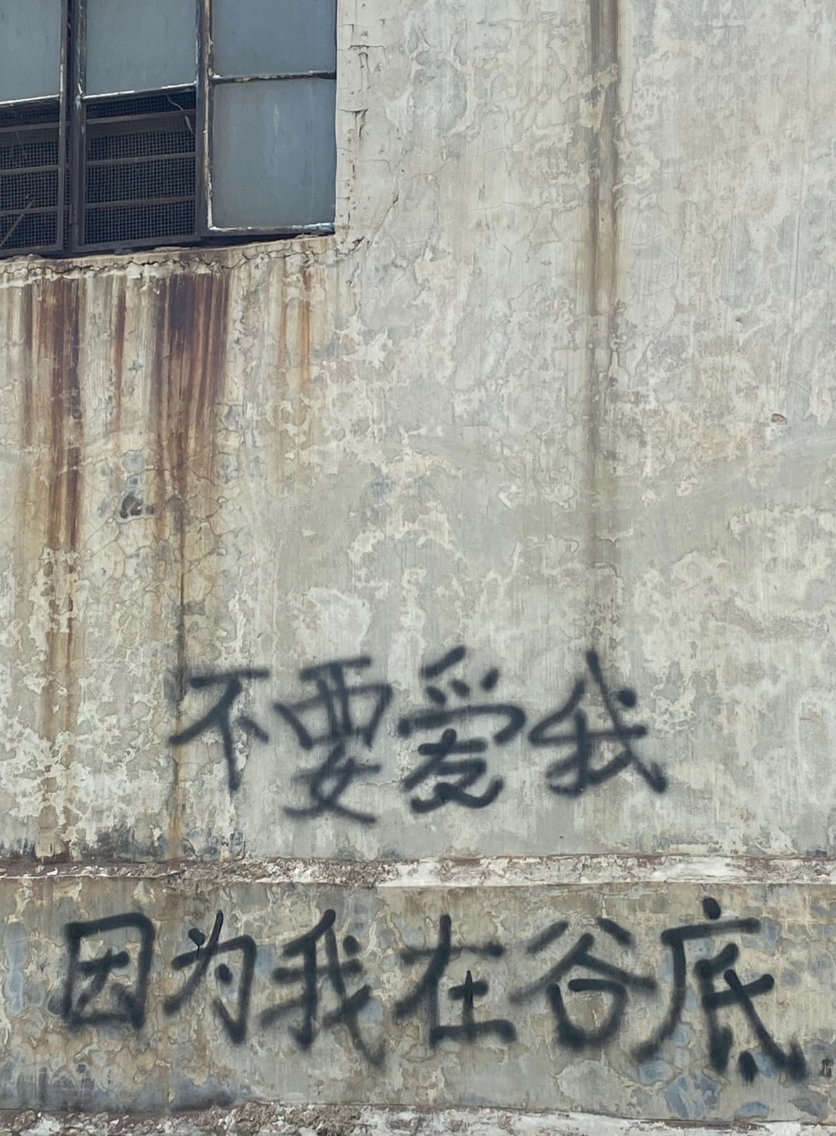
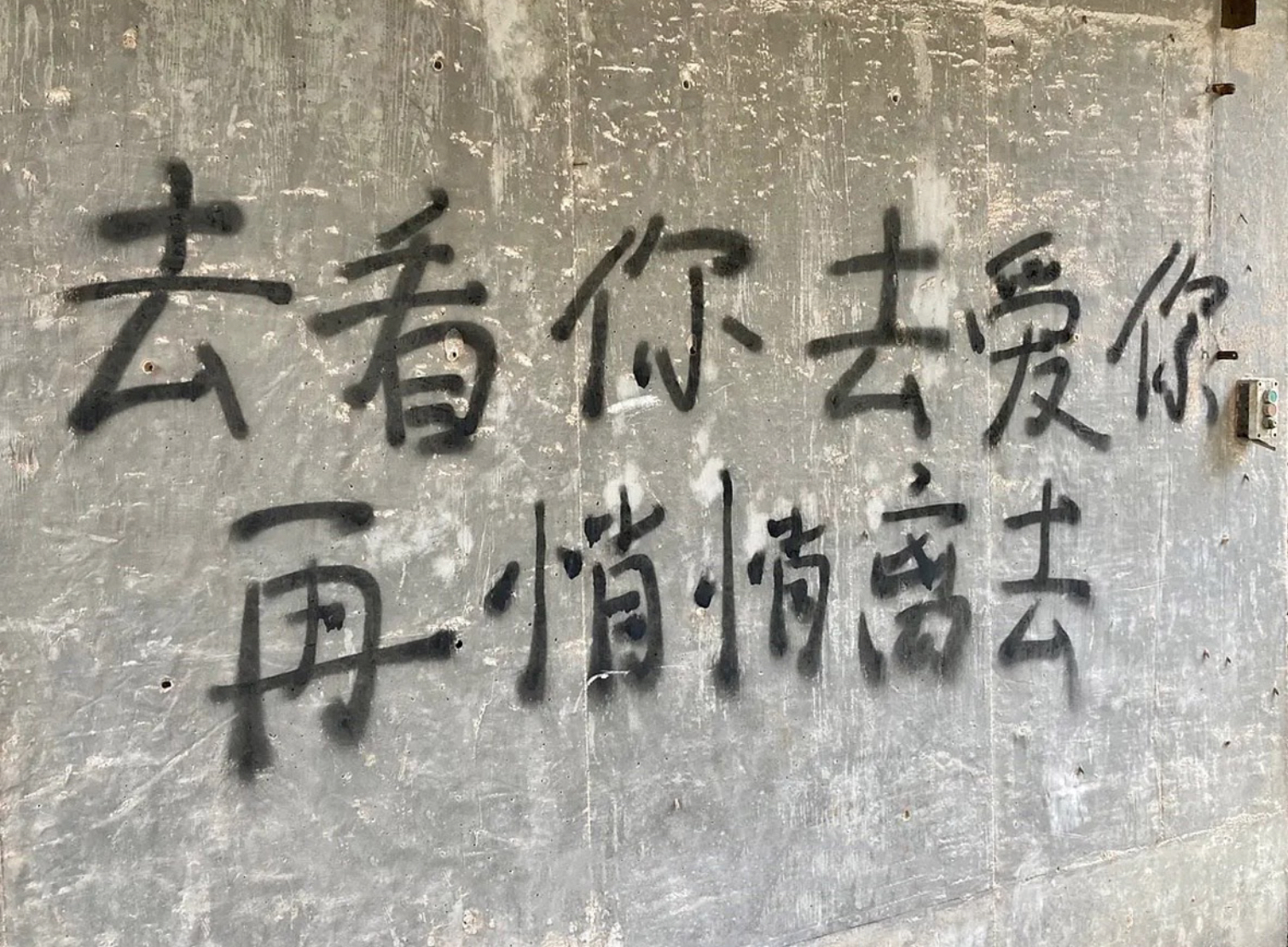
Perhaps it’s apt that these glum missives are most often scrawled across abandoned ruins—the words themselves reveal the emotional barrens of the writer’s own inner world. Yaya is endlessly inspired by these streetside poets, and one day, he hopes to make his own mark on a wall. “It’ll most likely convey my nihilist mindset, something like, ‘Cynics rule the world,’” he laughs. “Today’s youth feel jaded, repressed by society and in desperate need of mental relief. They can’t find a suitable way, so that’s why these unvoiced grievances eventually end on the walls. It’s their way of rebelling against the world. But it’s a bit disheartening, knowing that these words will be washed away by the tides of time. The words they’re finally brave enough to voice will revert to silence. It’s a futile struggle in a cruel society.”
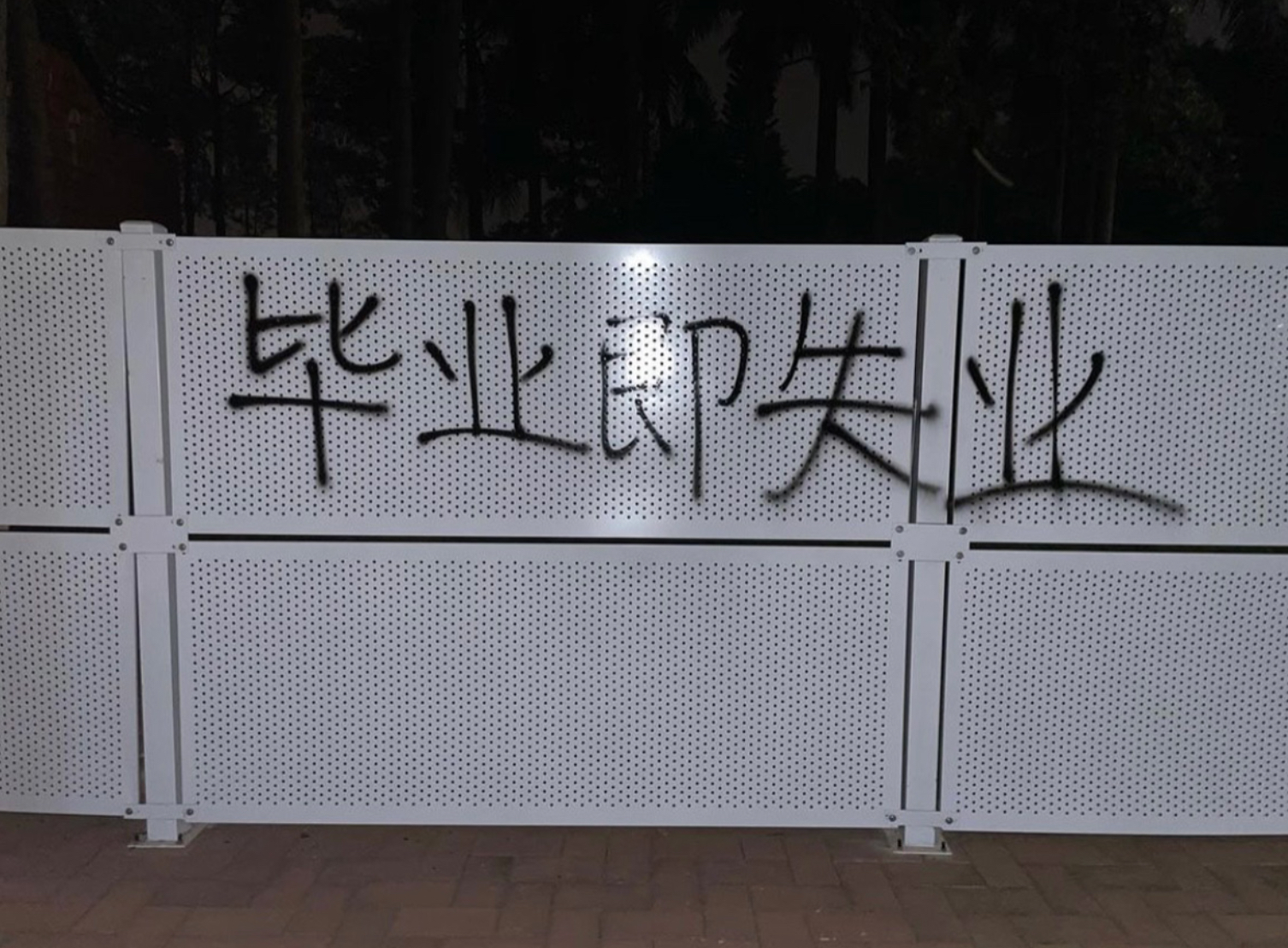

Instagram: @chinesegraffitihub
Weibo: ~/中文塗鴉中心
Contributor: Pete Zhang
